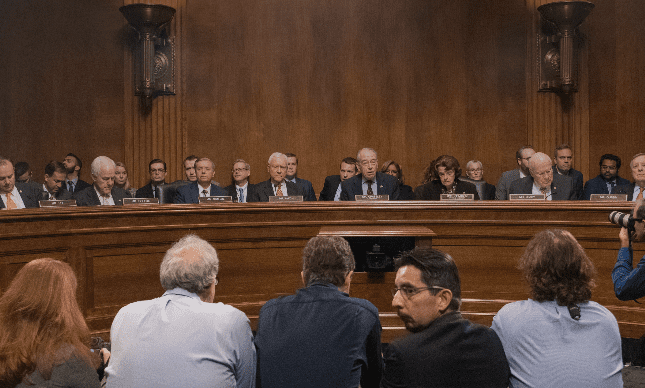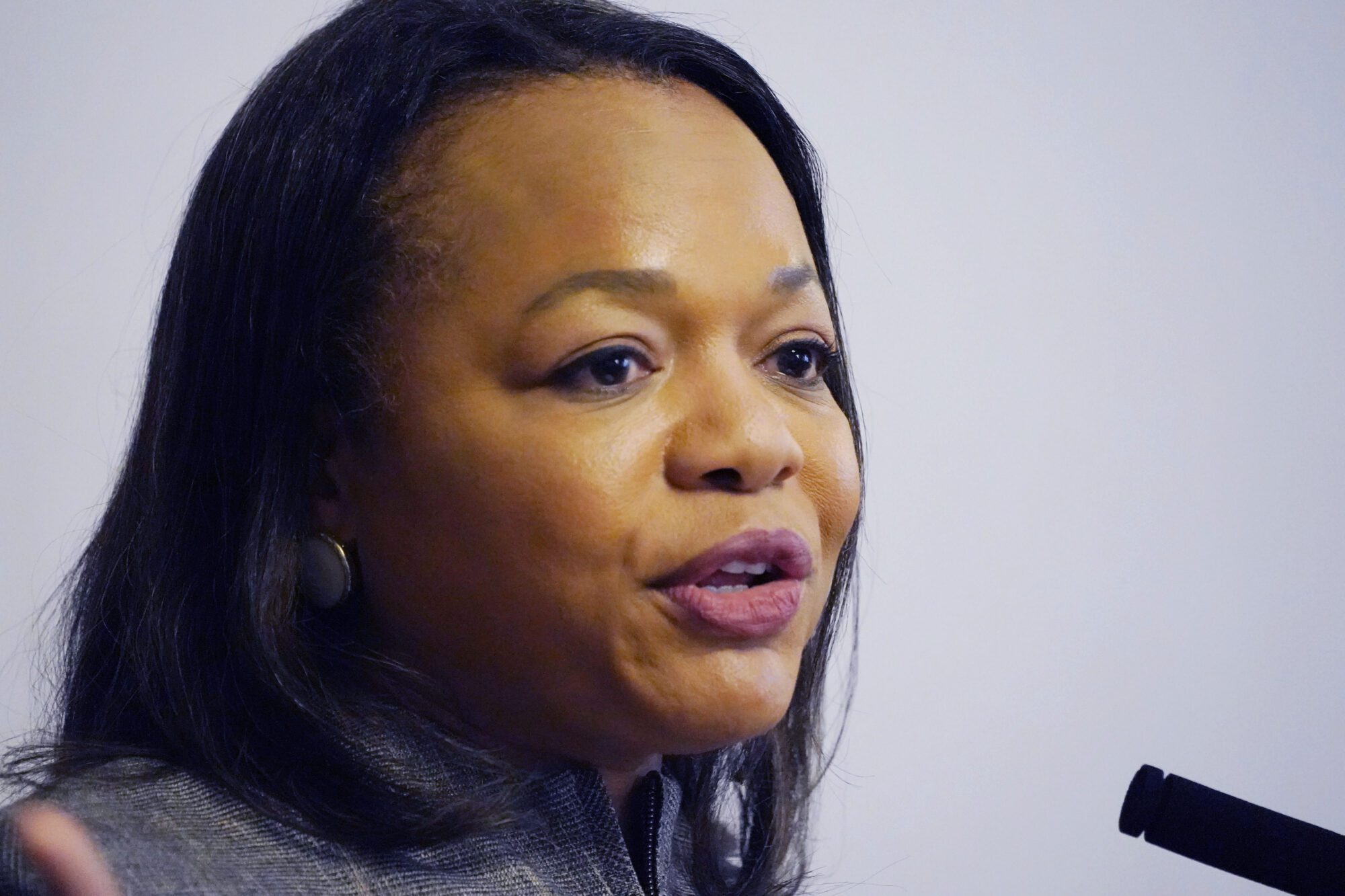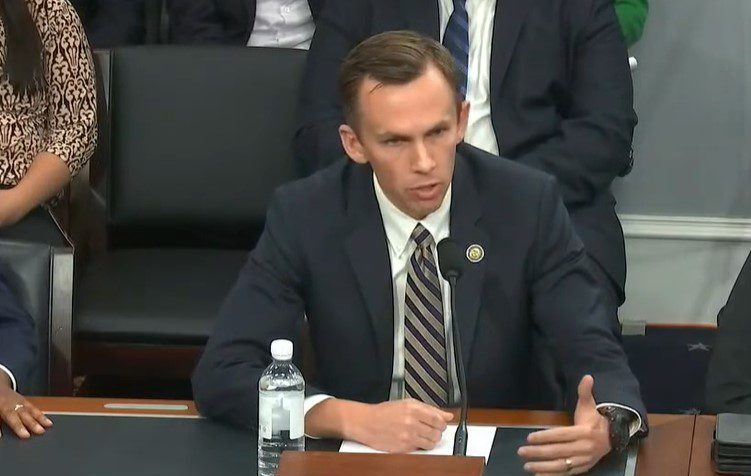
Students at Eastlawn Elementary School in Pascagoula, MS (Photo from school's Facebook page, Sept. 1, 2022)
Teachers and students in 30 Mississippi school districts head back to the classroom sooner than what’s been the norm, some as early as next week.
Summer may officially be in full force after the July 4th holiday but a growing number of students across Mississippi are getting ready to return to the classroom sooner than in years past.
According to the Mississippi Department of Educaton, 30 school districts have chosen to adopt what has come to be known as a modified or flex calendar. In 2022, just 12 school districts operated on the modified calendar.
Modified calendars have often been referred to as “year-round school,” but that description is not exactly accurate. There is a difference between the two, mostly in the length of summer break.
Though both traditional and modified school calendars have 180 days of academic instruction as required by state law, a modified calendar shortens summer break and pushes up the start of school by approximately two weeks while extending the end of the school year by roughly one week. The earlier start and later finish allow for additional breaks during the school year.
Advocates for the modified calendar say it better balances time in and out of school for both students and teachers. After each nine weeks there is typically a two week or more break. During those breaks, schools can offer intersessions for students needing additional assistance.
The decision to switch to a modified calendar is made at the local school district level. There is no mandate from the Mississippi Department of Education.
During the 2023 legislative session. Lt. Governor Delbert Hosemann sought to financially incentivize public school districts if they were to make the change to a modified calendar. The funds would have been used to cover additional expenses incurred by the school districts in adopting the modified calendar. While lawmakers in the state Senate attempted to follow the Lt. Governor’s lead in the matter, the incentive legislation was not met with much support in the House of Representatives.
Lt. Governor Hosemann told reporters in January that when he reviewed the Lamar County School District’s switch to the modified calendar, that district’s cost increase was over $200,000.
According to a 2022 Hanover Research brief, researchers looked at the costs associated with adopting a modified, or what they term as a “balanced,” calendar. Hanover found that in reviewing the Virginia Department of Education, the estimated costs of transitioning to a balanced calendar increased net instructional costs by around 3% per year. Cost increases were also found in logistics, such as in transportation and school food services.
“Increasing the length of the school year will further increase costs due to increased salaries and benefits,” the research stated.
As for the impact of a modified calendar on student achievement, Hanover’s research found that studies reviewed in a 2019 literature review presented positive effects, “particularly for students from underserved backgrounds.” But a 2020 literature review concluded that the impact of balanced calendars on academic achievement was “neutral at best.” Ultimately, Hanover said the results were inconclusive.
Here in Mississippi, there is not enough data as of yet to accurately compare a district’s educational achievement before and after the adoption of a modified calendar. Most of the districts that have made the change did so within the last two years, and the latest district ratings available from the Mississippi Department of Education are for the 2021-2022 school year.
However, of the 12 school districts that were on the modified calendar in the 2022-2023 school year, six were rated an “A” district for the previous 2021-2022 school year, four were rated “B” and two were rated as “C.” The ratings of the 12 districts are below:
- Lamar County – A
- Columbia – B
- Petal – A
- Gulfport – A
- Corinth – C
- Forrest County – A
- Forrest County Agricultural – A
- Starkville-Oktibbeha – B
- Simpson County – C
- Marion County – B
- Natchez-Adams – B
- Pass Christian – A
The 18 school districts joining the trend this school year are listed below along with their 2021-2022 district rating:
- Alcorn – A
- West Point – C
- Hancock County – B
- Biloxi – A
- Long Beach – A
- Clinton – A
- Ambition Preparatory – N/A (charter school)
- Jackson County – A
- Moss Point – C
- Pascagoula-Gautier – A
- Jefferson Davis County – C
- Laurel – C
- Lawrence County – C
- Lowndes County – A
- Columbus – C
- Perry County – C
- Tate County – B
- Senatobia – B
Students in each of these school districts, except Natchez-Adams, will start during the month of July, with Pascagoula-Gautier, Moss Point, Simpson and Corinth starting the earliest on July 20th. Natchez-Adams students will return August 1st.











